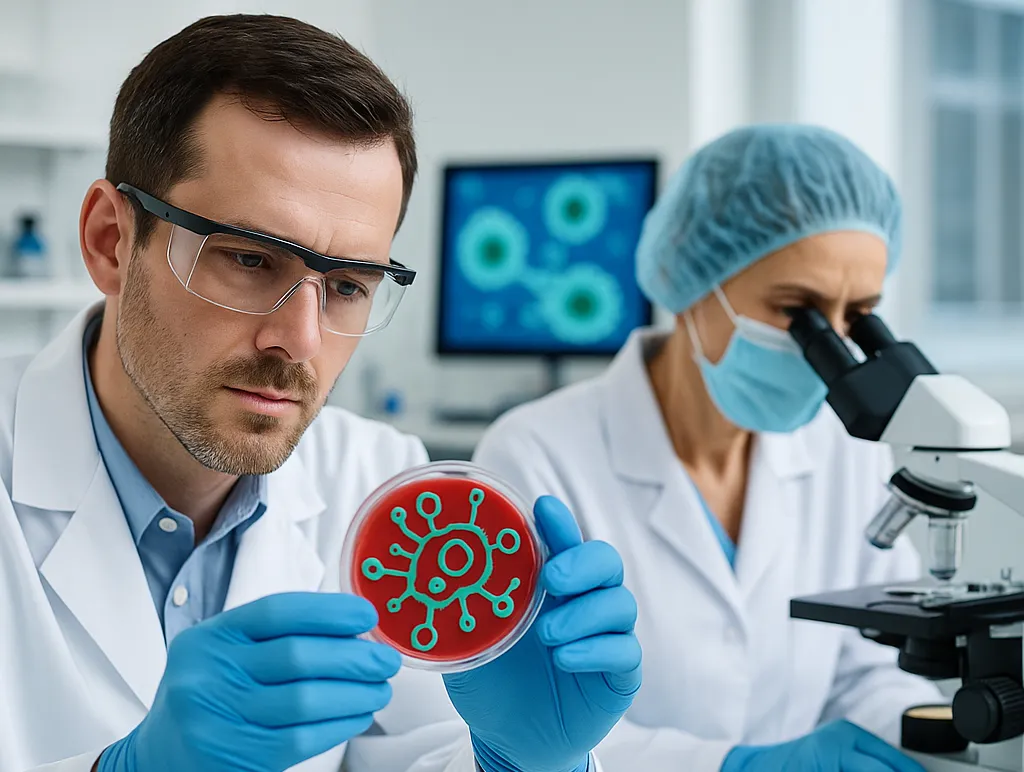
Rotator Cuff Disease
Step into a new era of healing at Infinity Stem Cells, where cutting-edge science meets the body’s innate potential. Our advanced cell regeneration therapies, centered on mesenchymal stem cells (MSCs), harness the transformative power of cellular renewal to address a wide range of conditions, restoring vitality and igniting wellness from within.
|
|
|
|
|
|
|
What is Rotator Cuff Disease
Rotator Cuff Disease refers to damage or degeneration of the rotator cuff — a group of muscles and tendons that stabilize the shoulder and allow for a wide range of arm movements. It commonly results from repetitive overhead activity, age-related wear and tear, or acute injuries such as falls or lifting heavy objects.
The condition ranges from tendinitis and bursitis (inflammation) to partial or complete tears in the tendons. Rotator cuff disease can significantly affect daily activities, especially tasks that involve lifting, reaching, or rotating the arm.

What Are the Symptoms?
Rotator cuff problems often develop gradually but can also appear suddenly after an injury. Common symptoms include:

Persistent shoulder pain

Weakness in the arm

Limited range of motion

Clicking or popping sounds

Difficulty performing overhead activities
Current Treatments
for Rotator Cuff Disease
Treatment depends on the severity of the damage and the patient’s activity level. Most cases begin with conservative approaches:
Rest and Activity Modification: Avoiding painful movements to reduce strain.
Physical Therapy: Exercises to restore strength, flexibility, and function.
Medications: NSAIDs (like ibuprofen) to reduce inflammation and relieve pain.
Corticosteroid Injections: Short-term relief for persistent shoulder inflammation.
Surgery: In cases of full-thickness tears or failed non-surgical treatment, arthroscopic or open surgical repair may be necessary.
What Are the Outcomes?
With appropriate treatment, many individuals regain full function and strength in the shoulder. Mild to moderate cases often improve with physical therapy and lifestyle changes. However, more severe injuries or chronic degeneration may require surgery and longer recovery times. Early diagnosis and intervention are key to preventing permanent shoulder damage or loss of mobility.
Stem Cell Therapy for Rotator Cuff Disease
Stem cell therapy is a promising, minimally invasive option for individuals with partial rotator cuff tears or early degenerative changes. This treatment involves injecting mesenchymal stem cells (MSCs)—usually derived from the patient’s bone marrow or fat—directly into the damaged tissue.
Potential benefits include:
Stimulates tissue repair and regeneration
Reduces inflammation and pain
Improves shoulder mobility and strength
May delay or prevent the need for surgery
Though still under clinical investigation, stem cell therapy is considered safe and may offer relief for patients who haven’t responded well to conventional treatments. Consultation with a specialist is recommended to determine candidacy.
Science, Simplified: Our Therapy Process
Understanding your journey towards health through clear, straightforward steps.
Site
Target
Depth
Forehead & Eyes
Cheeks & Jawline
Under-Eye Area
Full Face
Wrinkles, crow’s feet
Volume loss, elasticity, hydration
Dark circles, fine lines
Texture, glow (via microneedling)
1–2 mm (superficial dermis)
2–4 mm (deep dermis)
1–1.5 mm (cautious use)
0.5–1.5 mm

Why Consider
Stem Cell Therapy?
Non-surgical and outpatient
Focuses on long-term healing, not just symptom relief
Supported by early-stage clinical research
Ethically sourced, high-quality regenerative cells
Find Out If You're a Candidate >>
Talk to an Expert >>
Explore the Science Behind It >>
Frequently Asked Questions
Is this FDA-approved?
Stem cell therapies using ethically sourced regenerative cells are regulated under strict guidelines by the FDA. While certain applications have explicit FDA approval, others are administered under FDA guidelines as investigational therapies, complying fully with regulatory standards to ensure safety and quality.
What are the risks or side effects?
Stem cell therapy is generally safe with minimal risk. Common mild side effects can include temporary soreness, swelling, or minor bruising at the injection site. Rarely, more serious complications such as infections or allergic reactions can occur. Our medical team thoroughly evaluates each patient to minimize these risks.
How long until I feel results?
Patients often notice initial improvements within days to weeks, with more substantial benefits progressively occurring over the following months as the regenerative process continues. Individual experiences can vary depending on the condition's severity and personal health factors.
How many sessions are required?
Many patients experience significant improvements after a single session. However, depending on individual conditions and response to treatment, additional sessions may be recommended to maximize outcomes. Our specialists provide personalized recommendations during your consultation.
Is this covered by insurance?
Insurance coverage varies depending on the specific policy and condition being treated. While regenerative therapies are not universally covered, some plans offer partial or full coverage. Our administrative team will assist you in verifying insurance coverage and exploring financial options to support your treatment.
Connect with Us
Quick Links
Copyright© 2025 Scientific Infinity - All Rights Reserved.
